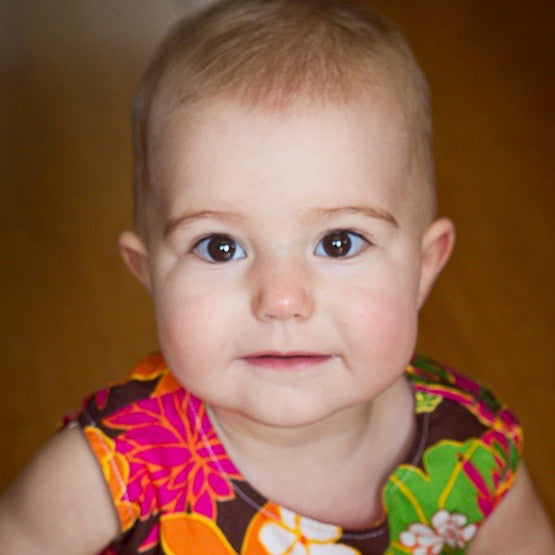
Boys are born competent. Girls have to prove they are
"Boys are born competent. Girls have to prove they are," someone once said to me. I was horrified. Surely that wasn't true?
Last week I attended the junior recipe testers' swimming carnival. I helped with timekeeping, which was both fun and nerve-wracking in equal measure. My juniors swam in their age races, I got to watch and cheer from close quarters, and while neither are currently showing promise as the next Australian champion, they both did well.
My daughter did very well in her age group, recording one of the fastest freestyle times for her age, and the fastest for her house. This qualified her for the 4 x 50m relay. My son also qualified, although not as far up the list as his sister.
When the relays were called up her name was top of the list. She looked panic stricken. "I don't want to go in a relay!" she implored.
At that moment I couldn't have known the what would follow. Over the following few hours she and I would span the emotional rainbow: tears, tantrums, shouting and sobbing. Eventually it came out: she was worried she wasn't good enough and would let the team down.
My son swam for his team without a second thought.
My heart broke. Her anguish was palpable and there was nothing I could say to either change her mind or convince her of her value to her team.
My blood boiled. Why do we live in a world where competent, very young women question their competence, in a way that our very young men do not? As a mother, what was I doing wrong?
"Am I good enough?" is asked by many women: the young and the not-so-young. For the first two years of Dinner on the Table's existence I felt physically ill every time I went into the kitchen. There. I've said it. Out loud.
I am privileged, I am educated and I am accomplished. And for 730 days I was hamstrung by a fear that I wasn't good enough, that I was a phoney, that one day I'd be found out for a fraud. No one told me I was hopeless, as far as I can recall. That was my conclusion. I'm not proud of it, but there you have it.
"Am I good enough?" is one thing. "Are you good enough?" is a different question entirely.
Women with disabilities may routinely be told they are incompetent: they will never hold down a job, could never care for a child, never hope to have a relationship with someone who cares about them deeply. There's no expectation they'll do the things their non-disabled sisters will do.
Women who care for a child with a disability may be told their child is worthless. The competence of mothers like Natalie may be challenged because she loved, and cared for her child. The cruel argument generally goes something like, "What sane woman could love a child like that?"
When Amanda found out she was pregnant with twins I sat with her and helped her understand her ultrasound report. She allowed me to walk with her during her journey from woman to mother. I watched her make difficult, sometimes painful, decisions in the best interests of her unborn children.
Amanda, who has a moderate intellectual disability, is a success story. Told she was incompetent for much of her life, a key few people believed in her when her babies were born. Amanda surrounded herself with people who recognised and supported her ability to mother her children. And they rolled up their sleeves and helped her do just that.
The voices of women like Amanda and Natalie are seldom heard. These women must daily prove their competence in the face of others who assume their incompetence. Those questions may be less an internal demon, and more an external threat.
I continued cooking because I was convinced that we can change the daily lives of vulnerable women, and their families, by understanding their experiences, and supporting them differently.
I remain convinced.
Other articles:
Quick links
Home Home Delivery Meals How it works Meal Delivery Info Contact us Blog Search About us Privacy policy Karen Will Cater
Contact us
About us
We exist to care for you through really good food. Whether it's your weeknight family meal, your big life celebrations or your large corporate events, we'd love to cook for you.
And together, we can change the daily lives of families living with disability. Find out about our social mission here.
